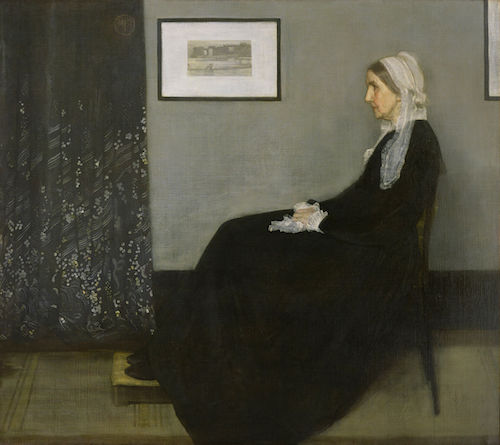 Culture & Ethics
Culture & Ethics
In a Technocratic Age, Redefining Family Bonds

This year, I took my mother into my home for the last five months of her life as she was dying. Was I providing her with “unpaid care”? NO! I was being her son.
Yet, in our technocratic era, it seems that family members caring and providing for each other are increasingly perceived as a monetized activity. Reuters reports:
Millions of U.S. children with special needs receive care from family members that would cost billions of dollars if it was instead provided by home health aides receiving minimum wage, a recent study suggests.
Researchers examined data from a nationally representative sample of about 42,000 parents and guardians of children with special needs surveyed from 2009 to 2010. Overall, they estimate that approximately 5.6 million children with special needs receive about 1.5 billion hours a year of unpaid care from family members.
Really? What about mothers providing “unpaid care” for their babies? Or spouses for each other? Should such care also be measured in terms of the cost of having services provided by professional caregivers?
I don’t think so. Measuring family love in dollar terms could corrode the importance, place, and purpose of family in society.
Of course, I am not saying that we shouldn’t create public policies that promote intra-family caregiving and which ease the difficult tasks family members carry out for their dependent loved ones. We definitely should.
But the societal expectation should also be that families are the first line of caregiving, with civil society and government providing assistance services. Arguing that families provide “unpaid care” objectifies and devalues the love and commitment that are the essence of family.
Image: Whistler’s Mother, by James Abbott McNeill Whistler [Public domain], via Wikimedia Commons.
Cross-posted at The Corner.
